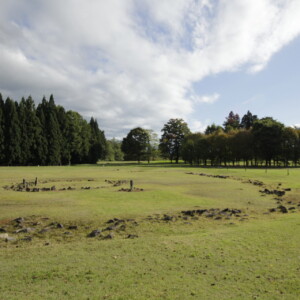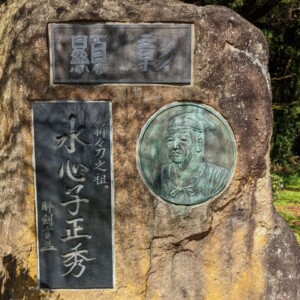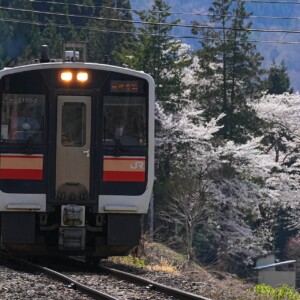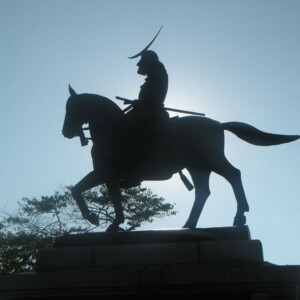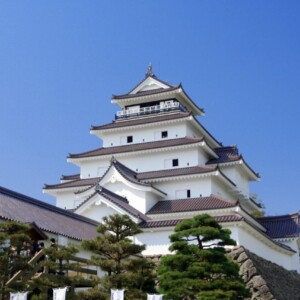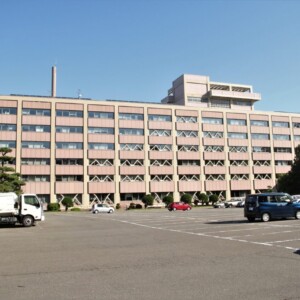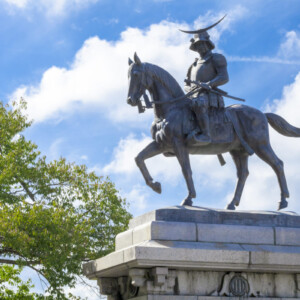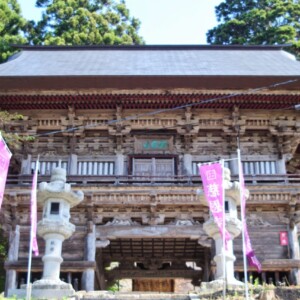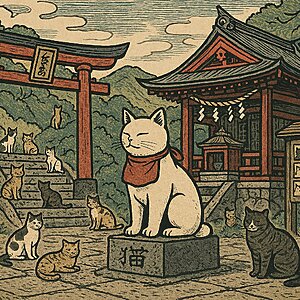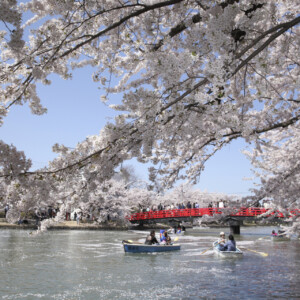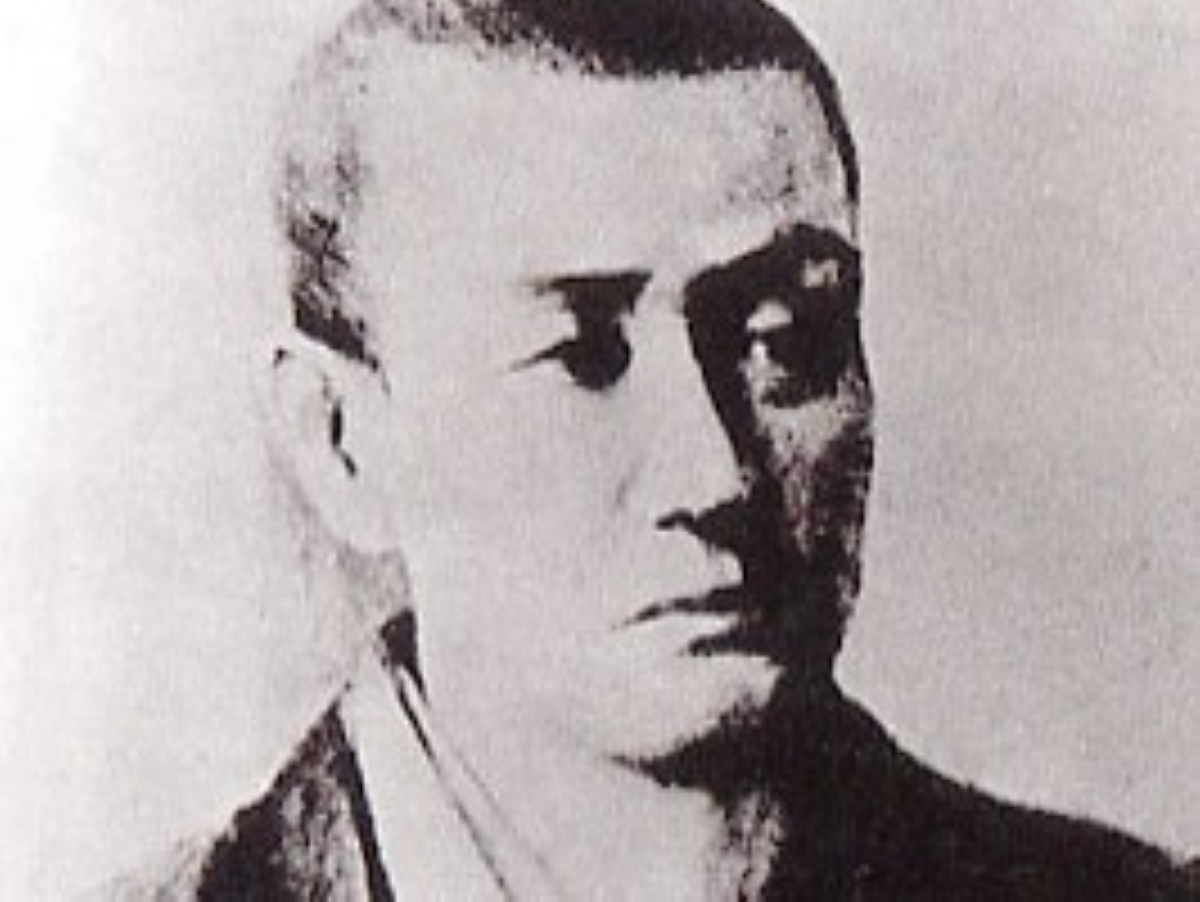
Hachiro Kiyokawa, the creator of the Shinsengumi | What was the character of this anti-foreigner patriot who opened the curtain on the end of the Edo period? [Yamagata Prefecture]
table of contents
- 1 Who is Kiyokawa Hachiro?
- 2 One of the greatest geniuses of the late Edo period, a man skilled in both the arts and martial arts
- 3 Why did he become a wanted man by the shogunate?
- 4 Life on the run changes dramatically as Qinghe Theatre opens
- 5 For the first time in Japanese history, a ronin receives an imperial edict from the Emperor
- 6 Assassination before his ambition was over
- 7 Kiyokawa Hachiro Memorial Museum
- 8 Kiyokawa Hachiro's true wish
- 9 summary
Do you know Kiyokawa Hachiro , the man who initiated the formation of the Shinsengumi
"the end of the Edo period began with Kiyokawa Hachiro and ended with Sakamoto Ryoma," but he is not as well known as Sakamoto Ryoma and other end-of-the-Edo period patriots.
It is also true that history buffs do not have a very good image of him, seeing him as an "agitator" who caused great unrest in Japan and a "con man" who deceived the shogunate
What kind of person was Kiyokawa Hachiro? We will introduce him by focusing on his personality
Who is Kiyokawa Hachiro?
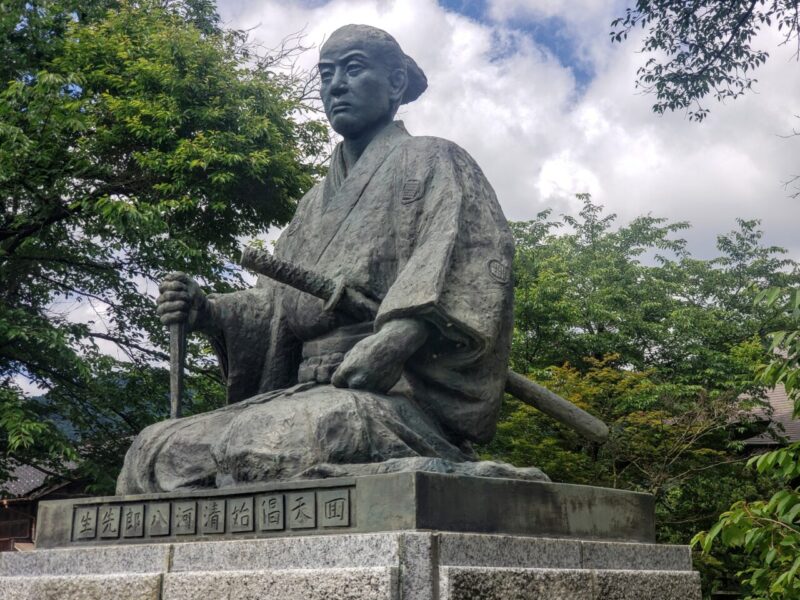
Hachiro Kiyokawa was a patriot from the Shonai Domain in Yamagata Prefecture (present-day Shonai Town) who fought tirelessly to overthrow the shogunate during the late Edo period. He was later known as a pioneer of the Sonno Joi movement, earning the nickname "Shoin Yoshida of the West and Hachiro Kiyokawa of the East."
One of the greatest geniuses of the late Edo period, a man skilled in both the arts and martial arts
Disappointed with Japan's best education system, he opened his own cram school
After running away from home at age 18, Kiyokawa devoted himself to the pursuit of learning at a private school in Edo.
He didn't sleep in his bed, only two-hour naps at his desk. He continued this life of academic immersion for 74 days, and finally enrolled in Shoheiko, open
private school, Kiyokawa Juku At the time, Kiyokawa was the only scholar in all of Edo who could teach both academics and swordsmanship. Kiyokawa Juku quickly gained a reputation and became famous.
His face as a swordsman
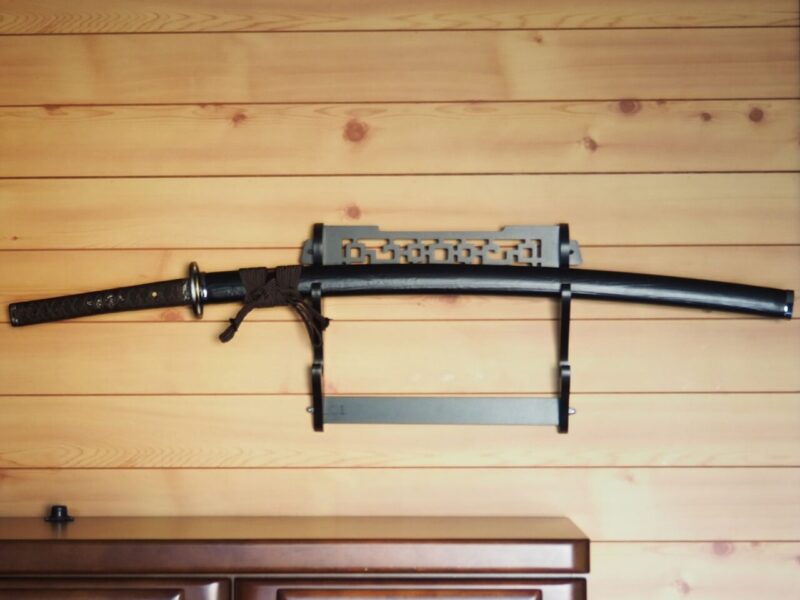
Kiyokawa was famous in Edo not only as a scholar but also as a master swordsman
the Genbukan, Chiba Shusaku's dojo of the Hokushin Itto-ryu school , one of the three major dojos of the late Edo period, and mastered the Hatsumokuroku certification, which normally takes two to three years to obtain, in just one year.
Why did he become a wanted man by the shogunate?
Founding of the Sonno Joi group "Torao no Kai"
By the time Kiyokawa was 31 years old, radical sonno joi (revere the emperor, expel the barbarians) patriots had begun flocking to the Kiyokawa School
Around this time, Kiyokawa and his friends were deeply shocked by the Sakuradamon Incident, in which the Chief Minister Ii Naosuke was assassinated by ronin who had escaped from Mito, and so they formed the Torao Society
The Torao Society plotted actions to drive foreign nations out of Japan, and eventually some of its members carried out the assassination of Heusken, an interpreter at the American Embassy and known to be a pro-Japanese person, which led to a surge in the wave of Sonno Joi (revere the Emperor and expel the barbarians) movement throughout Japan
Kiyokawa falls into the shogunate's trap
The shogunate suspected Kiyokawa to be the mastermind behind Heusken's assassination, and sent assassins to capture him, deliberately tangling with him on the street to provoke a fight. Kiyokawa fell into the shogunate's trap, slicing off the assassin's neck in an instant, and became a wanted man for the shogunate
Life on the run changes dramatically as Qinghe Theatre opens
amnesty by the shogunate
Despite being a wanted man, Kiyokawa energetically campaigned for the overthrow of the shogunate among patriots across the country. In order to save his wife and comrades who had been captured, he submitted entitled "Three Urgent Measures."
Three urgent measures
- Execution of the expulsion of foreigners
- Forgiveness of past crimes of Roshigumi members (amnesty)
- Educating talented British people who excel in both the arts and martial arts
At the time, the shogunate was at a loss as to how to respond to pressure from the Imperial Court to "execute the expulsion of foreigners," so they adopted Kiyokawa's advice. They gathered the overflowing ronin in Edo and formed the "Ronin Gumi," tasked with guarding the shogun's journey to Kyoto.
This group included 234 ronin, including Kondo Isami, Serizawa Kamo, Hijikata Toshizo, and Okita Soji, who would later become the Shinsengumi.
For the first time in Japanese history, a ronin receives an imperial edict from the Emperor
In 1863, an incident occurred that is well known to all Shinsengumi fans.
Kiyokawa gathered all the Roshigumi members who had arrived in Kyoto to guard the Shogun, and delivered a speech that was hard to believe.
"Our purpose is not to protect the Shogun! We have no connection with the Shogunate. We will support the Imperial Court and stand up for the Emperor and for Japan!"
This is the moment when the Shogunate guarding force instantly became a force for overthrowing the Shogunate.
Overwhelmed by Kiyokawa's force, everyone signed a petition to the Imperial Court. The Imperial Court accepted it and sent an Imperial edict (the Emperor's words) to the Roshigumi. It was an unprecedented event that an Imperial edict was issued to civilians, especially low-ranking Roshi.
After this, Kiyokawa and the other Roshigumi decided to return to Edo to carry out the Sonno Joi movement, but Kondo Isami and others opposed this decision, believing it to be an act of deceit against the shogunate, and left the Roshigumi. This incident led to the formation of the Shinsengumi
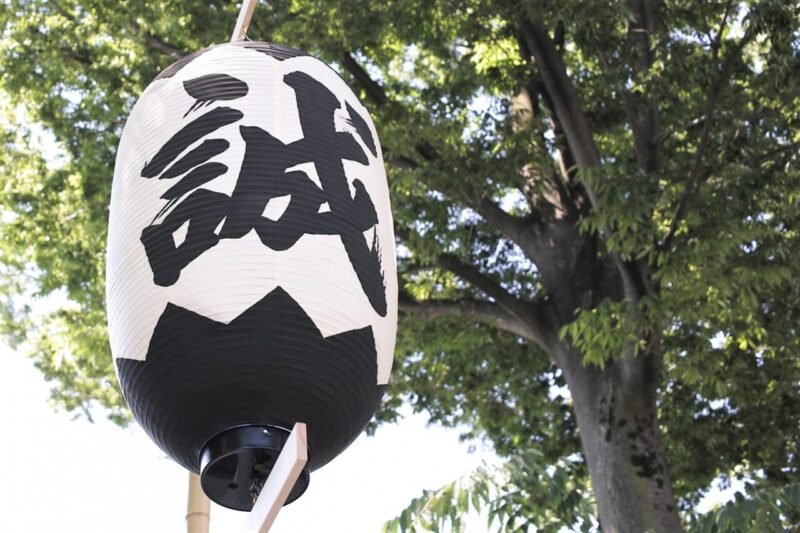
Assassination before his ambition was over
Sixteen days after the Roshigumi returned to Edo, and two days before the expulsion of foreigners, Kiyokawa was assassinated by an assassin from the shogunate, ending his short life of 34 years before he could achieve his goals.
Perhaps sensing something instinctively, Kiyokawa left behind a poem on the day of his assassination.
"Forerunner, forerunner, mountain of death, I will not stray from the path of the Emperor. Even if it breaks and breaks again, the waves will crash against the rocks."
Takahashi Doshu, a close friend of Kiyokawa, sensed something ominous in this song and tried desperately to stop him from going out, but he went out saying he had an appointment with a senior patriot in his hometown of Yamagata, and never returned
Kiyokawa was known as a hero who even deceived the shogunate, but his final moments gave us a glimpse of his true character, a man of great loyalty
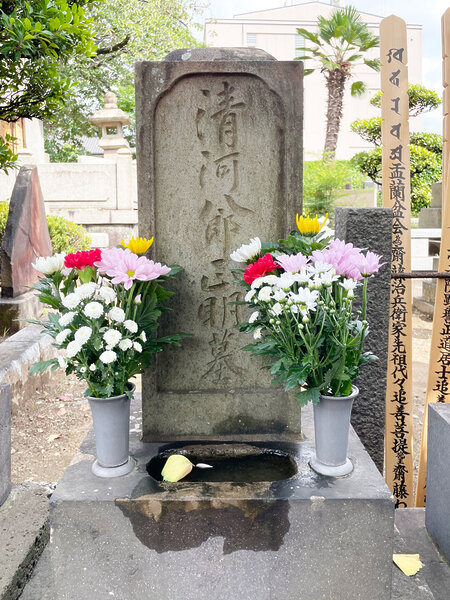
Kiyokawa Hachiro Memorial Museum
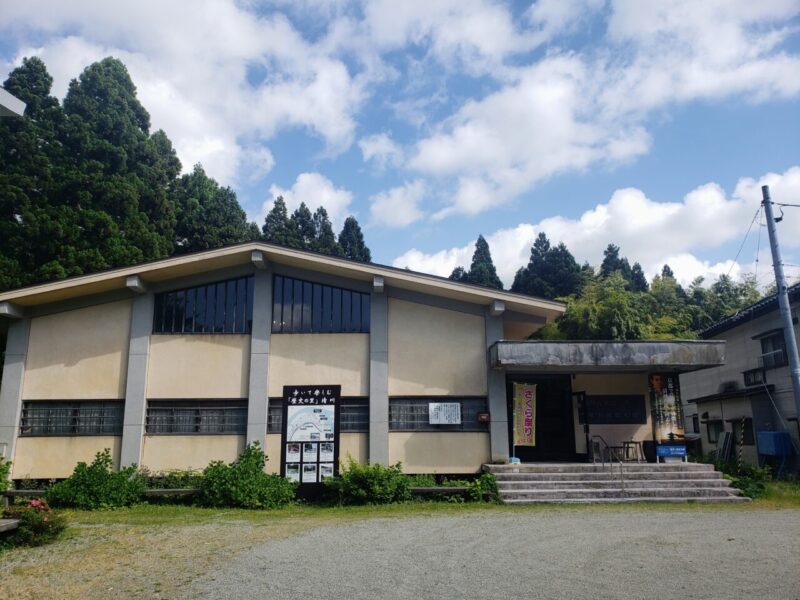
We would like to introduce the Kiyokawa Hachiro Memorial Museum in Shonai Town, Yamagata Prefecture
This is a valuable place where you can get a glimpse of Kiyokawa's warm and sincere personality, which is different from the image of him as one of Japan's sharpest men
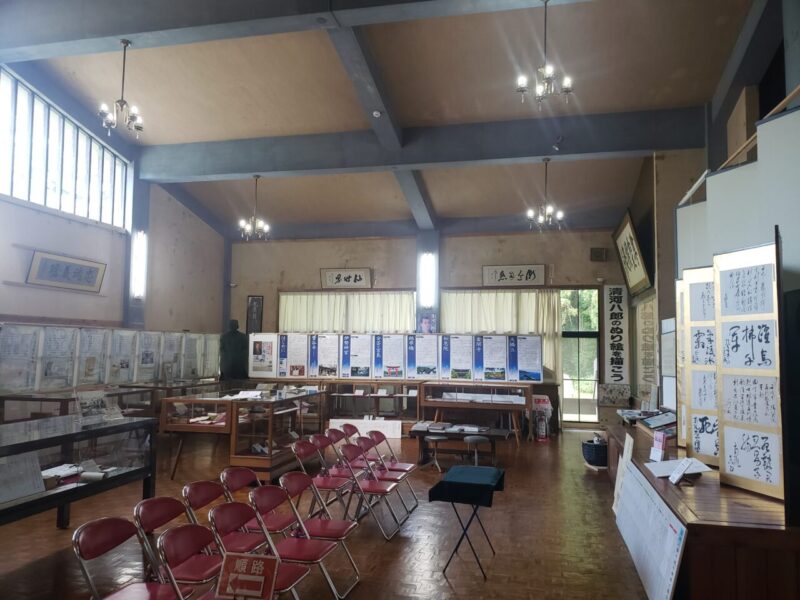
"Roshigumi Kaijo-tome" (Roushigumi circular letter) listing the names of Shinsengumi members
This memorial museum displays the "Roshigumi Kaijo-Ryu," a list of members of the Roshigumi. This time, I was allowed to photograph a copy of the "Roshigumi Kaijo-Ryu."
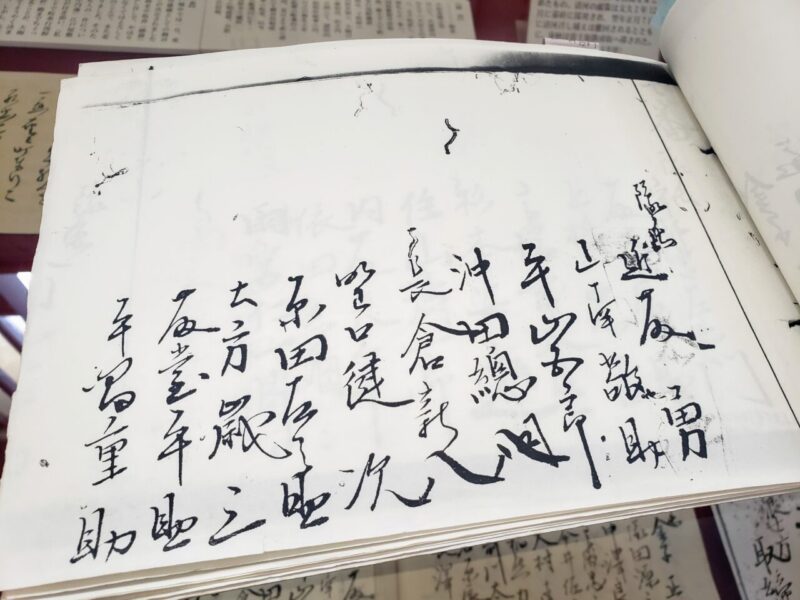
It seems that descendants of the Roshigumi also visit this memorial museum, and copies of the circular notices appear to have sticky notes added to them with information about the visitors and the relative relationships between the Roshi
This is an extremely valuable document that vividly shows that each soldier was not just a historical figure, but an individual who lived through the end of the Edo period as an individual human being
Kiyokawa Hachiro Memorial Museum <Information>
- Name: Hachiro Kiyokawa Memorial Museum
- Address: 37, Kiyokawakamikawahara, Shonai-machi, Higashitagawa-gun, Yamagata Prefecture, 999-6606
- Phone number: 0234-57-2104
- Official URL: https://hachiro.navishonai.jp/
Google Maps
Kiyokawa Hachiro's true wish
Although Kiyokawa was known as a radical advocate of sonno joi (revere the emperor and expel the barbarians), he was not actually averse to foreign countries
There is a record that when Tanaka Heihachi, a great businessman who would later amass a huge fortune through raw silk trade, met Kiyokawa while traveling, he told him, "The age of trade is coming."
Kiyokawa could not tolerate the pressure that America placed on Japan and the shogunate's failure to act in response, and his true wish to be on an equal footing with a foreign country .
summary
During a turbulent time when Japan was opening up to the world and expelling foreigners, Kiyokawa Hachiro was a man of strong will and a brilliant mind who sometimes came up with schemes that ordinary people would find difficult to understand, leading to him being called a "con man."
But on the inside, he was a man of integrity and warmth, who spared no effort or action to stick to his beliefs.
Reference: "Kiyokawa Hachiro Kiyokawa Hachiro Graffiti: The Life of a Hero Who Ran Through the End of the Edo Period" (edited by Tachikawacho)


![[Yamagata City, Yamagata Prefecture] Traditional Yamagata Casting is a great tourist spot! We introduce its charms and places to see! 1290797_mco](https://jp.neft.asia/wp-content/uploads/2022/04/1290797_mco-150x150.jpg)
!["Mogami Safflower" certified as a Japanese Heritage and Japanese Agricultural Heritage [Yamagata Prefecture] Mogami safflower](https://jp.neft.asia/wp-content/uploads/2022/12/30121446_m-1-150x150.jpg)

![[Tsuruoka City, Yamagata Prefecture] Tsuruoka's food culture has been passed down for hundreds of years 1470_Zenpoji Temple](https://jp.neft.asia/wp-content/uploads/2023/04/2d6b75e2500adfb8f7b8e6c68a2f7a03-150x150.jpg)
![[Yonezawa City, Yamagata Prefecture] Visit the hot springs associated with the Uesugi clan of the Yonezawa domain 1530_Onogawa Onsen Footbath](https://jp.neft.asia/wp-content/uploads/2023/05/4ed5d5851f7d92ca3b0ebed3220d6418-150x150.jpg)
![[Yamagata Prefecture] Walking around Tokamachi and Nanukamachi in Yamagata City, where the atmosphere of the Edo period remains Yamagata city from Kasumi Castle Central Observatory](https://jp.neft.asia/wp-content/uploads/2023/09/26303875_m-150x150.jpg)

![[Yamagata Prefecture] 3 Famous Springs in Yamagata Prefecture! Yamagata Prefecture is blessed with springs of water created by snow, mountains, and forests Yamagata Waterfall](https://jp.neft.asia/wp-content/uploads/2023/02/9b639100f52e30365f8499a2f4657724-150x150.jpg)
